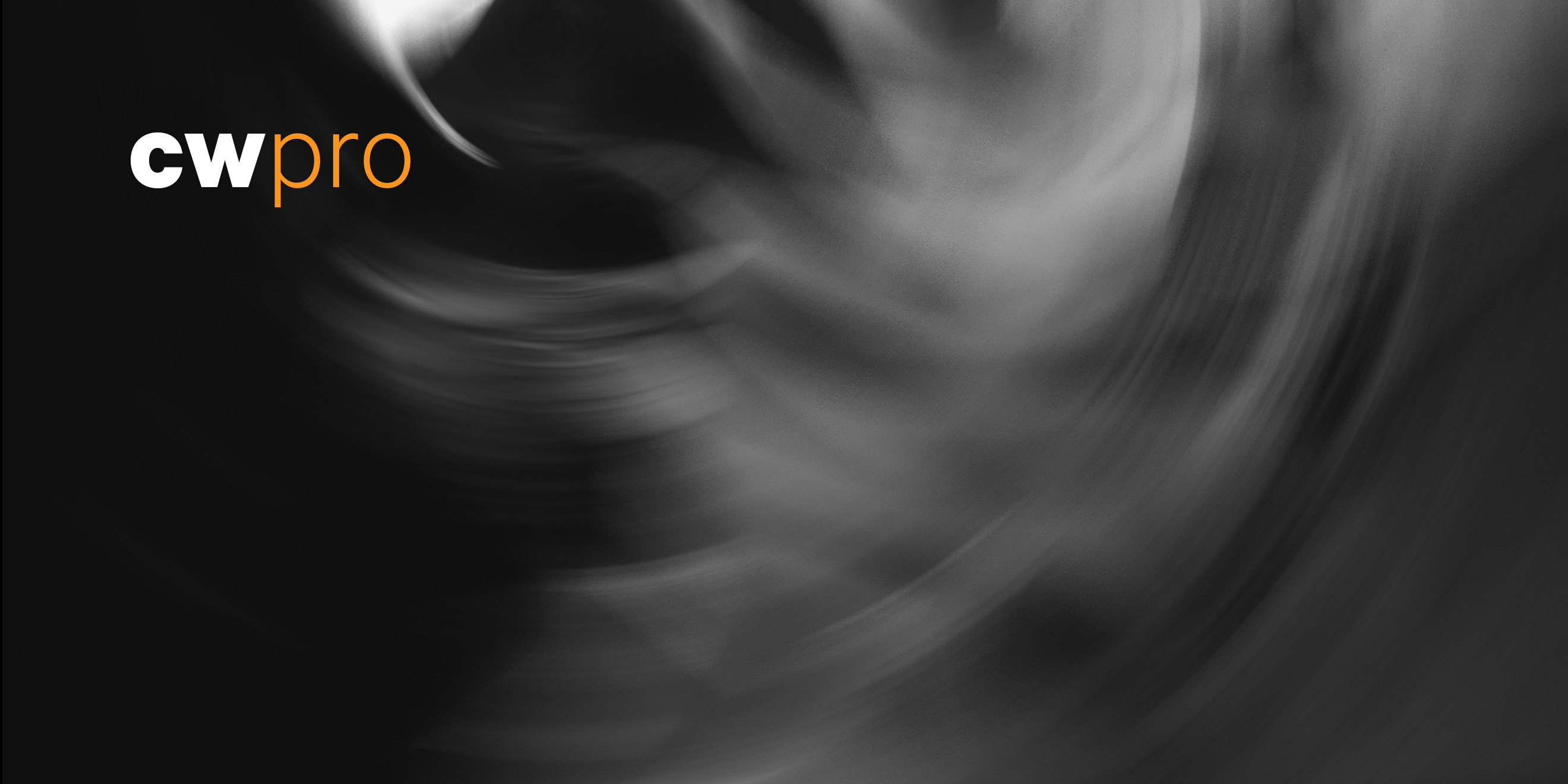At a glance.
- US Senate Select Committee on Intelligence releases the final volume of its report on Russia's 2016 election influence operations.
- China protests latest US steps against Huawei.
Senate Intelligence Committee's final report on Russian influence operations during the 2016 US election.
The US Senate Select Committee on Intelligence has released the final volume of its report on Russian interference with the 2016 election. "The Committee found that the Russian government engaged in an aggressive, multifaceted effort to influence, or attempt to influence, the outcome of the 2016 presidential election." It found that President Putin directed the campaign and set its goals (generally disruptive, but specifically anti-Clinton), that despite troubling behavior by sometime Trump consigliere Paul Manafort there was no evidence of collusion between the Trump campaign and Russian intelligence services, and that the FBI made loose and careless use of the retrospectively implausible Steele dossier. The report's focus is counterintelligence, and not, as its authors point out, criminal investigation of the sort taken up by the earlier Mueller report.
Particularly interesting conclusions include the following:
- On President Putin's involvement: "Russian President Vladimir Putin ordered the Russian effort to hack computer networks and accounts affiliated with the Democratic Party and leak information damaging to Hillary Clinton and her campaign for president. Moscow's intent was to harm the Clinton Campaign, tarnish an expected Clinton presidential administration, help the Trump Campaign after Trump became the presumptive Republican nominee, and undermine the U.S. democratic process."
- On WikiLeaks: "WikiLeaks actively sought, and played, a key role in the Russian influence campaign and very likely knew it was assisting a Russian intelligence influence effort. At the time of the first WikiLeaks releases, the U.S. Government had not yet declared WikiLeaks a hostile organization and many treated it as a journalistic entity."
- On Paul Manafort: "The Committee found that Manafort's presence on the Campaign and proximity to Trump created opportunities for Russian intelligence services to exert influence over, and acquire confidential information on, the Trump Campaign. Taken as a whole, Manafort's high-level access and willingness to share information with individuals closely affiliated with the Russian intelligence services, particularly Kilimnik and associates of Oleg Deripaska, represented a grave counterintelligence threat."
- On Roger Stone: "Trump and senior Campaign officials sought to obtain advance information about WikiLeaks's planned releases through Roger Stone.... The Committee could not reliably determine the extent.of authentic, non-public knowledge about WikiLeaks that Stone obtained and shared with the Campaign."
- On the FBI: "The Committee found that certain FBI procedures and actions in response to the Russian threat to the 2016 elections were flawed, in particular its interactions with the DNC about the hacking operation and its treatment of the set of memos referred to as the Steele Dossier.... FBI gave Steele's allegations unjustified credence, based on an incomplete understanding of Steele's past reporting record. FBI used the Dossier in a FISA application and renewals and advocated for it to be included in the ICA before taking the necessary steps to validate assumptions about Steele's credibility. Further, FBI did not effectively adjust its approach to Steele's reporting once one of Steele's subsources provided information that raised serious concerns about the source descriptions in the Steele Dossier. The Committee further found that Steele's reporting lacked rigor and transparency about the quality of the sourcing." In general, the Bureau handled the DNC with a punctilious attention to its own regulations, but was markedly more free-wheeling in its use of the Steele Dossier.
Democratic reaction has emphasized Manafort’s counterintelligence problems and the Trump campaign's interest in WikiLeaks. Republican reactions point out a lack of evidence that the Trump campaign's colluded with Russia, and note the problems with the FBI's conduct of its investigation. As FCW observes, the report's look at the FBI in particular suggests ways in which the Bureau, and presumably other Federal agencies, might usefully improve the investigation of cyber incidents.
China objects to the latest US strictures on Huawei.
According to SecurityWeek, Chinese Foreign Ministry spokesman Zhao Lijian repeated Chinese assertions that there's no evidence Huawei products come with backdoors or other deliberately engineered liabilities. The US sanctions, Beijing says (sounding more like the Austrian school than any nominally communist regime ought) that the sanctions "completely punctured the last pretence of market principles and fair competition that the US has always touted." It's nothing other than an "abuse of national power to apply all sorts of restrictions on Huawei and other Chinese enterprises." China is considering what measures it might take in response.
That the sanctions hurt few would deny. They may not amount to the "lethal blow" CNN quotes one analyst as seeing, and Huawei says it will survive, but the US measures by all accounts are damaging. The company is seeking to position itself as a good global citizen with respect to security, saying "Huawei hereby undertakes that as a crucial company strategy, based on compliance with the applicable laws, regulations, standards of relevant countries and regions, and by reference to the industry best practice, it has established and will constantly optimize an end-to-end cyber security assurance system."
